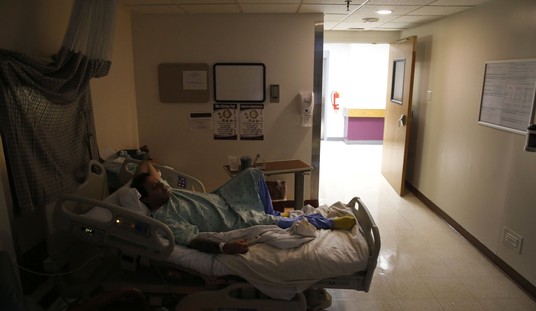Two new hotspots have emerged in recent weeks. The first is the Turkish border with Syria. The Turkish government has authorized retaliatory raids into Syria.
ISTANBUL — Turkey’s Parliament approved a motion Thursday that authorizes further military action against Syria, as Turkey began its second day of shelling targets within Syria in response to a mortar attack that killed five civilians.
The measure, which was ratified after several hours of a closed-door session in the capital, Ankara, permits cross-border raids, although senior officials insisted that NATO ally Turkey did not want a war with its Arab neighbor — an escalation that could turn Syria’s bloody civil strife into a regional conflict with international involvement.
Since Turkey is a NATO ally any action involving Ankara could, under certain circumstances, involve the alliance. NATO issued this statement:
As stated on 26 June 2012, the Alliance continues to closely follow the situation in Syria. In view of the Syrian regime’s recent aggressive acts at NATO’s southeastern border, which are a flagrant breach of international law and a clear and present danger to the security of one of its Allies, the North Atlantic Council met today, within the framework of Article 4 of the Washington Treaty, and discussed the continuous shelling of locations in Turkey adjacent to the Turkish-Syrian border by the Syrian regime forces.
The most recent shelling on 3 October 2012, which caused the death of five Turkish citizens and injured many, constitutes a cause of greatest concern for, and is strongly condemned by, all Allies.
In the spirit of indivisibility of security and solidarity deriving from the Washington Treaty, the Alliance continues to stand by Turkey and demands the immediate cessation of such aggressive acts against an Ally, and urges the Syrian regime to put an end to flagrant violations of international law.
Hillary Clinton spoke to the Turkish Foreign Minister, but the contents of their discussion were not disclosed. However, “the secretary condemned the Syrian attack and expressed the United States’ heartfelt condolences to the families of the victims,” according to a State Department spokesperson.
The other hotspot was North Africa. The Hill says that the US military is preparing counterstrikes against the perpetrators of the attack on the US consulate in Benghazi. “The target packages include background intelligence on terror suspects in Libya and elsewhere in North Africa.”
The range of operations being considered by DOD and the intelligence community run the gamut from armed drone strikes to covert kill or capture raids similar to the bin Laden operation …
Sufian bin Qumu, a former terror detainee at the American facility in Cuba, could theoretically be included in that emerging target list being drafted for the White House as well as members of the Libyan Islamic Liberation Group (LIFG).
The LIFG is an al Qaeda-affiliated terror cell headquartered in Benghazi.
Bin Qumu was discussed as a person of interest in relation to the raid during classified briefing by top diplomatic, defense and intelligence officials to Congress earlier this month.
But the Libyan national, who was handed over to Tripoli by the U.S., was released in 2010 as part of a deal with the Libyan government and the LIFG.
The planned strikes may explain the non-arrival of the FBI in Benghazi. If Bin Qumu is going to be struck in Benghazi then the city could become a place of active conflict. Less explicable are the stories in the New York Times announcing the action. Yet another “top-secret” operation is announced in a newspaper headline.
The top-secret Joint Special Operations Command is compiling so-called target packages of detailed information about the suspects, the officials said. Working with the Pentagon and the C.I.A., the command is preparing the dossiers as the first step in anticipation of possible orders from President Obama to take action against those determined to have played a role in the attack on a diplomatic mission in the eastern city of Benghazi that killed Ambassador J. Christopher Stevens and three colleagues three weeks ago.
However the article also hints that President Obama is caught between trying to look tough and undermining his Libyan supporters.
The preparations underscore the bind confronting the White House over the Benghazi attack. Mr. Obama has vowed to bring the killers to justice, and in the final weeks of the presidential campaign Republicans have hammered the administration over the possible intelligence failures that preceded the attack — including a new accusation that repeated requests for strengthened security in Benghazi had been rejected.
But any American military action on Libyan soil would risk casualties and almost certainly set off a popular backlash at a moment when support for the revolt against Col. Muammar el-Qaddafi had created a surge in good feeling toward the United States that is unique in the region.
Events in both Turkey and Libya now have the potential for further escalation at a time when the presidential campaign reaches a fever pitch.
Belmont Commenters
How to Publish on Amazon’s Kindle for $2.99
The Three Conjectures at Amazon Kindle for $1.99
Storming the Castle at Amazon Kindle for $3.99
No Way In at Amazon Kindle $8.95, print $9.99










Join the conversation as a VIP Member